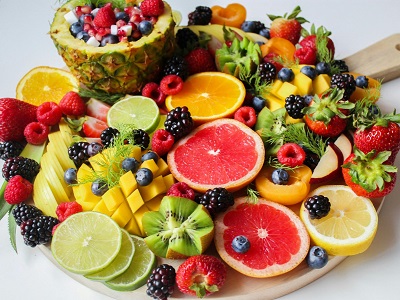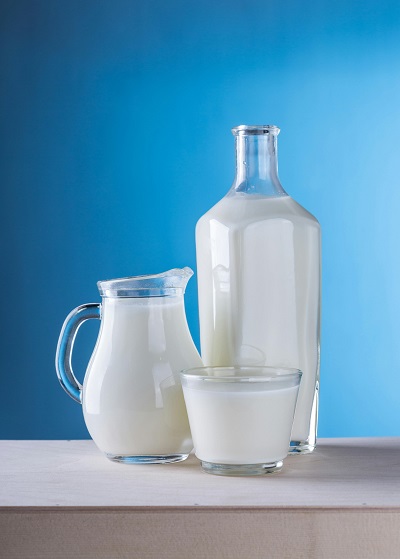Understanding the Ayurvedic Perspective: Why Fruit and Dairy Shouldn't Mix


In the realm of Ayurveda, the ancient Indian system of medicine, dietary guidelines are meticulously detailed, emphasizing the importance of food combinations for optimal digestion and overall well-being. One such recommendation is to avoid consuming fruit and dairy together. But why exactly is this practice advised?
According to the Charaka Samhita, one of the foundational texts of Ayurveda, fruit and dairy possess contrasting qualities and undergo different digestive processes within the body. Mixing these two food groups can lead to what Ayurveda terms as "Viruddha Ahara" or incompatible food combinations, which disrupt the digestive fire (agni) and may cause various health issues.
Let's delve into the reasons behind this ancient wisdom:
Differing Digestive Time: Fruits are typically digested quickly, especially those with high water content like melons and citrus fruits. On the other hand, dairy products, such as milk and yogurt, require more time to digest due to their heavier and denser nature. Consuming them together can result in conflicting digestive processes, leading to fermentation, gas, and bloating.
Contrasting Properties: Ayurveda categorizes foods based on their inherent qualities or "gunas." Fruits are considered cooling, light, and often have a cleansing effect on the body. In contrast, dairy products are heavy, nourishing, and possess heating properties. Combining these contrasting qualities can create an imbalance in the body's doshas, particularly aggravating Kapha and disrupting the digestive system's harmony.
Agni Disturbance: Ayurveda emphasizes the importance of maintaining robust digestive fire (agni) for efficient digestion and metabolism. Consuming incompatible food combinations like fruit and dairy can weaken agni, leading to incomplete digestion, the formation of toxins (ama), and eventually, various health ailments.
Formation of Toxins: When fruit and dairy are consumed together, the mixture may undergo improper fermentation in the digestive tract, leading to the formation of toxins. These toxins can impair nutrient absorption, compromise immune function, and contribute to the development of diseases over time.
Moreover, Ayurveda provides specific guidelines for combining milk with fruits:
Milk should be combined only with purely sweet and ripe fruits, such as ripe mangoes, avocados, and dry fruits like raisins, dates, and figs.
Avoid mixing berries (including strawberries) with milk, as this combination may lead to milk curdling after digestion.
Bananas should not be combined with milk, as their post-digestive effect may turn sour when ingested together.
While Ayurveda advises against combining fruit and dairy, it doesn't mean you need to eliminate them from your diet entirely. Instead, it suggests consuming them separately and mindfully, allowing each food group to be digested optimally without causing digestive disturbances.
In conclusion, honoring the principles of Ayurveda regarding food combining, such as avoiding the simultaneous consumption of fruit and dairy, can promote better digestion, support overall health, and help maintain balance within the body. By understanding and applying these ancient dietary guidelines, we can harness the wisdom of Ayurveda to cultivate optimal well-being in our modern lives.
